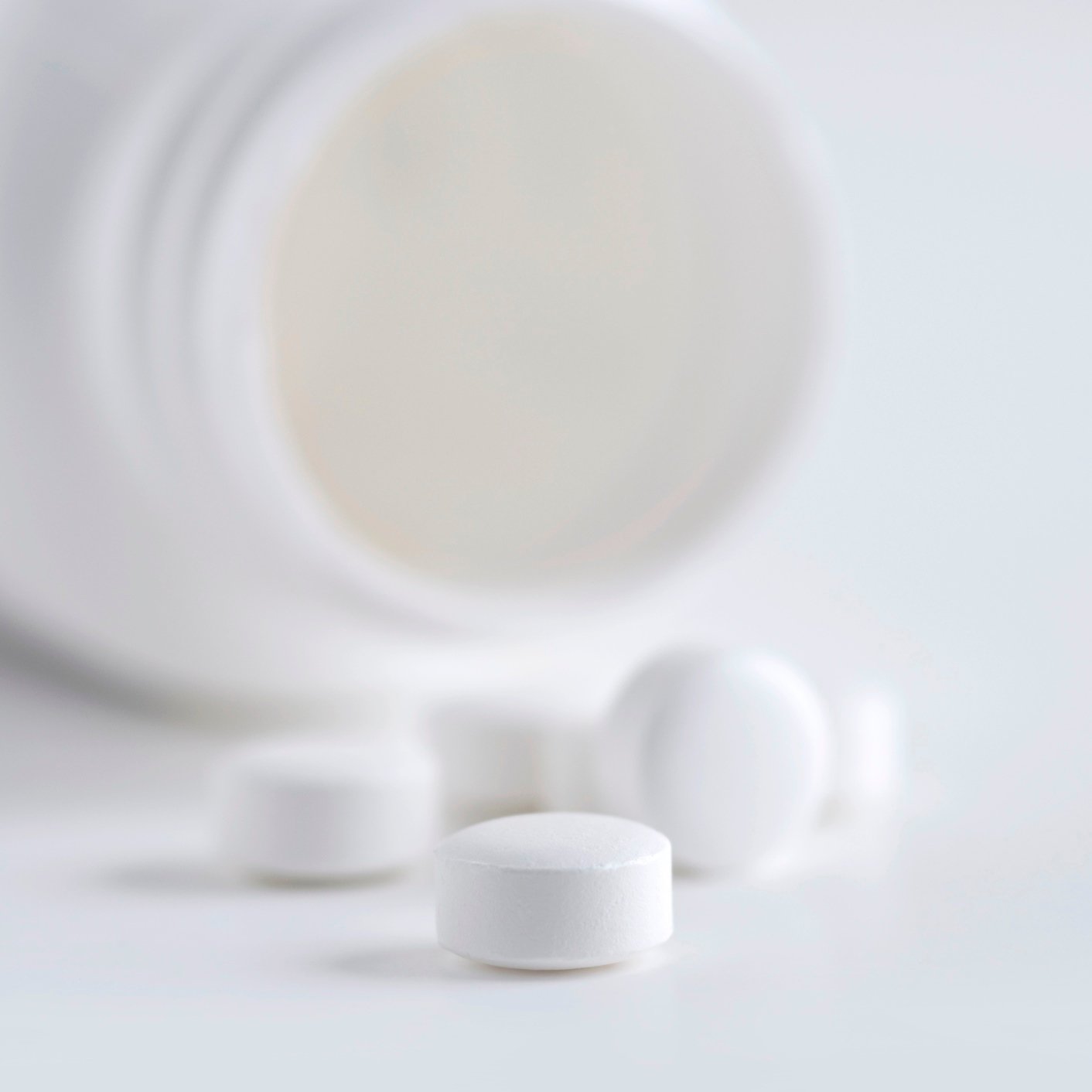Health and Healthcare
JPMorgan Likes Big Cap Pharmaceutical Stocks as Market Volatility Jumps

Published:
Last Updated:

For years pharmaceuticals were one group considered good for “widows and orphans” as they provided safety and consistent and rising income via dividends. Then came the brutal 2016 political season wherein some candidates took aim at high drug prices and squarely put the blame on the biggest companies. Of course, the politicians never mentioned that getting a drug to market can cost billions, and often they are not approved.
Fortunately for investors, the rhetoric has died down some, and volatility in the markets has jumped, making big pharmaceuticals a good spot to head to for safety. A new research report, JPMorgan wraps up what was a volatile earnings season for the group and looks forward to what should be a very positive 2018. The report explained:
With the Major Pharma group reporting over the last two weeks, we wanted to share our updated thoughts and views on the sector as we head into 2018. From a fundamental standpoint, most companies in our coverage reported solid core product trends and in-line/better-than-expected earnings per share, augmented by a greater-than-expected tax benefit for 2018 and beyond. However, these fundamentals were overshadowed by a sharp market-wide selloff and another round of pricing headlines coming from President Trump’s State of the Union address, with the group giving up some of its early gains and now flat year-to -date.
Four large-cap pharmaceutical leaders are rated Overweight at JPMorgan, and all make sense for growth accounts looking for some safety and income.
This top company remains a favorite and it posted solid first-quarter results. Bristol-Myers Squibb Co. (NYSE: BMY) is a global pharmaceutical company focused on discovering, developing, licensing and marketing chemically synthesized drugs or small molecules and biologics in various therapeutic areas, including virology comprising human immunodeficiency virus infection (HIV), oncology, neuroscience, immunoscience and cardiovascular.
The company announced last year that Biogen will pay $300 million upfront to Bristol-Myers to license a palsy drug with a $2 billion market opportunity and the potential to use that to treat Alzheimer’s. The company will pay a total of $410 million in milestone payments and a tiered double-digit royalty to license a drug known only as BMS-986168. The drug just completed Phase 1 testing in progressive supranuclear palsy.
The JPMorgan analysts noted this in the report:
While Bristol’s successful results in high TMB patients have certainly represented a point of controversy in the story, in our view the readout removes a key downside risk from the company’s story (i.e., CM-227 failing) and provides the company with an earlier-than-expected path to filing in Tumor Mutation Burden (TMB) high front-line lung patients, which represent 45% of the first line lung market.
Bristol-Myers shareholders are paid a 2.55% dividend. The JPMorgan price target for the stock is $70, and the Wall Street consensus target is $64.36. The shares closed Wednesday’s trading at $62.63 apiece.
This stock also has solid upside potential. Eli Lilly and Co. (NYSE: LLY) is a global health care company with numerous core products in a number of primary-care pharmaceutical markets. The company generates revenues from its pharmaceutical product and animal health segments.
The product portfolio includes Zyprexa (for schizophrenia and bipolar disorder), Gemzar (pancreatic cancer), Evista (osteoporosis), Cymbalta (depression), Cialis (erectile dysfunction), Strattera (attention deficit hyperactivity disorder), Erbitux (cancer) and Alimta (chemotherapy). Eli Lilly also has a strong presence in the diabetes market.
The analyst report noted this:
Lilly reported solid fourth quarter top-line results on the back of strong Trulicity and insulin results while also raising 2018 guidance by $0.21 to $4.81-$4.91 due to a 350 basis point benefit from US corporate tax reform (which is better than our expectations for the company). While pending competitive pressures on Trulicity remain our primary pushback of the Lilly thesis, concerns surrounding the competitive landscape within the GLP-1 space (i.e., oral and injectable sema) appear overdone, in our view.
Eli Lilly shareholders are paid a 2.93% dividend. JPMorgan has a $105 price objective for the stock, and the posted consensus target is $92.32 a share. The stock closed trading on Wednesday at $76.72 per share.
Thank you for reading! Have some feedback for us?
Contact the 24/7 Wall St. editorial team.